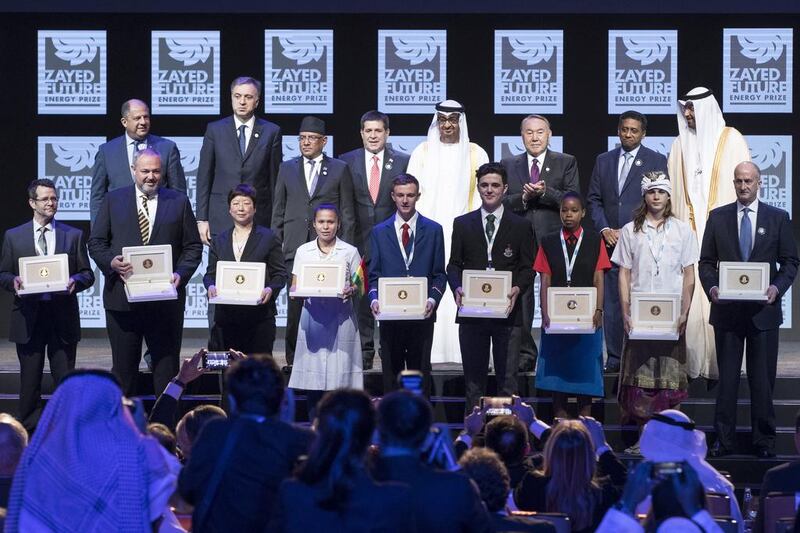We have recently seen unequivocal signs that global warming is getting more serious. The concentration of CO2 in the atmosphere stayed above the historical landmark of 400 parts per million throughout 2016, which was also the hottest year since modern record-keeping started, according to data from Nasa.
These trends have taken an obvious, visible toll on our planet.
In 2016, ice coverage in the Arctic Ocean during the summer, when it is at its annual minimum level, was half the size of the area that existed in the summer of 1980. If we continue the same trend, there will no longer be ice in the Arctic by the summer of 2040. A warming north pole is already causing more severe climate-related phenomena across the world, from blizzards to heatwaves.
Despite all this evidence, we have witnessed the surprising revival of climate sceptic voices that we thought had been diminished thanks to increasing scientific evidence and international consensus around anthropogenic climate change. This climate scepticism has been seen and heard among polarising political movements, particularly in some western democracies. They reject scientific evidence and fact-based decision-making, consequently obstructing the only path towards a more sustainable, prosperous and inclusive future.
On the other hand, we are coming to realise how strong the economic incentives for a low-carbon economy still are, even with the political backlash. The new climate economy is advancing upon a strong foundation of economic evidence, despite adverse political events. For instance, reckless political forces are finding it difficult to stop the rise of renewable energy, while reviving the coal industry.
Innovators and technological disruptors have spearheaded the transition towards a low-carbon economy. Their work and their ingenuity have made it possible for renewable energy prices to keep on falling. They have also been at the forefront of the recent advances in energy storage. These social entrepreneurs set an example on how to tackle climate change while improving the livelihoods of the most vulnerable people in the world.
There are abundant examples that illustrate how the private sector has been instrumental in accelerating the transition towards a low-carbon economy. General Electric Renewable Energy had the vision to install the first offshore wind farm in the United States, near the coast of Rhode Island. BYD has introduced energy storage technology that will make it possible for China to transition towards a cleaner transport sector. Vestas produces the tallest wind turbine in the world, also breaking the record of the largest power production over a 24-hour period.
Not-for-profit organisations are also leading the change by helping the world achieve our climate and social development goals at the same time. Organisations such as Liter of Light, Kopernik and Practical Action are great examples of NPO’s that develop innovative solutions to improve energy access for the poorest and most isolated communities in countries across the developing world.
All of these climate leaders have something in common: They have all been recipients of the Zayed Future Energy Prize. The prize is awarded to the most visionary leaders, from the private and not-for-profit sectors, who are striving towards an energy future spearheaded by renewables and sustainable solutions. The recipients are firms and organisations, as well as individuals, who are already proving that a low-carbon economy is the way forward, and who have the potential to push for a change at a large scale.
It is now time to come up with incentives that encourage innovators and entrepreneurs to continue providing the disruption that is needed to fully transition towards a new climate economy. We should encourage their vision and let them prove to the world that a low-carbon transition is bound to happen, regardless of any political circumstances.
Felipe Calderon is former president of Mexico





